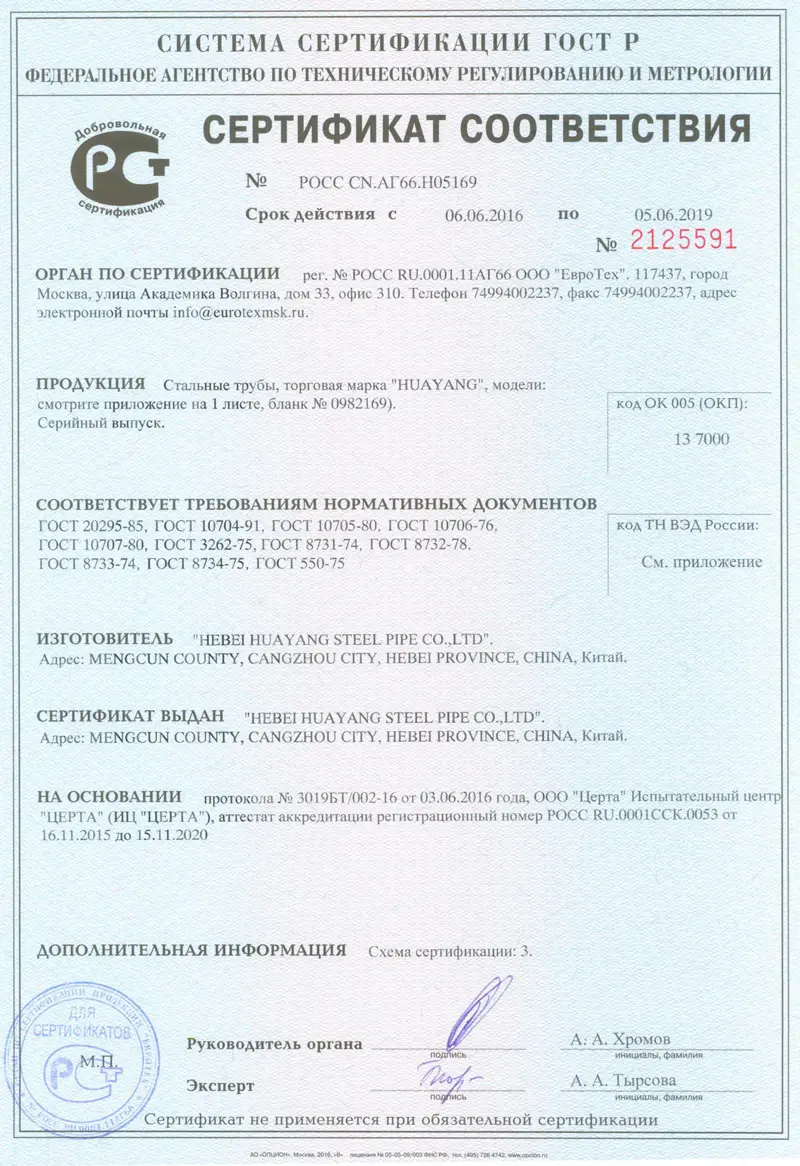
Nov . 05, 2024 19:04 Back to list
hydroxy ethyl cellulose uses
Exploring the Uses of Hydroxy Ethyl Cellulose
Hydroxy Ethyl Cellulose (HEC) is a non-ionic, water-soluble polymer derived from cellulose, a natural polymer found in plant cell walls. Its unique properties have made HEC a versatile agent in various industries, offering numerous applications ranging from construction to personal care.
1. Construction Industry
One of the primary uses of Hydroxy Ethyl Cellulose is in the construction industry, where it serves as a thickening agent in cement-based products, such as tile adhesives, plasters, and grouts. The inclusion of HEC improves workability, allowing for easier application and manipulation. Furthermore, HEC enhances the retention of water in these materials, which prevents premature drying and cracking. This results in better adhesion and durability of the final product, thereby improving overall construction quality.
2. Paints and Coatings
HEC is commonly used in the formulation of paints and coatings due to its excellent thickening properties. It aids in controlling the viscosity of paints, ensuring that they apply smoothly and evenly. Additionally, HEC improves the stability and shelf-life of these products by preventing sedimentation. In water-based paints, HEC also helps in achieving a uniform finish and contributes to the overall appearance of the paint when it dries.
3. Personal Care Products
In the realm of personal care, Hydroxy Ethyl Cellulose is a popular ingredient in cosmetics and hygiene products. Its thickening and gelling properties allow it to enhance the texture and consistency of items such as lotions, shampoos, and creams. HEC provides a pleasant feel to the skin, leading to improved user experience. Moreover, it acts as a stabilizer for emulsions, ensuring that oil and water components remain well-blended, which is critical for the effectiveness of many skincare formulations.
4. Food Industry
hydroxy ethyl cellulose uses

In the food sector, Hydroxy Ethyl Cellulose is utilized as a thickener and emulsifier in various products. It helps maintain the desired consistency of sauces, dressings, and dairy products, ensuring that they remain stable over time. Additionally, HEC can improve the texture and mouthfeel of food items, contributing to a more appealing sensory experience for consumers.
The pharmaceutical industry also benefits from the properties of Hydroxy Ethyl Cellulose. It is commonly employed as a binder and thickening agent in tablet formulations, influencing the release rate of active ingredients. HEC's water-solubility makes it an ideal choice for formulating controlled-release medications, allowing for smoother absorption and prolonged therapeutic effects. Moreover, it acts as a stabilizer in suspensions and emulsions, enhancing the bioavailability of certain drugs.
6. Agriculture
In agriculture, HEC is used to produce hydraulic mulch and soil amendments. Its water-retaining properties help improve soil moisture content, crucial for enhancing crop yield. As a biodegradable substance, it serves as an environmentally friendly option for soil conditioning, reducing the need for synthetic additives.
7. Industrial Applications
Beyond these sectors, HEC has applications in the manufacturing of adhesives, inks, and textiles. In printing inks, HEC acts as a thickener and stabilizer, ensuring that the ink maintains its viscosity and dries effectively. Furthermore, in the textile industry, HEC is used in the finishing processes to enhance fabric hand and durability.
Conclusion
Hydroxy Ethyl Cellulose is a multifaceted polymer with broad applications across numerous industries. Its ability to improve texture, stability, and performance in products makes it a sought-after ingredient in many formulations. As industries continue to innovate and seek sustainable solutions, HEC's versatility will likely lead to even more exciting applications in the future. With its natural origin and eco-friendly profile, Hydroxy Ethyl Cellulose stands out as a prime example of how natural materials can be utilized to enhance modern products while promoting sustainability. Whether in construction, personal care, or food production, HEC's contributions are invaluable and ever-expanding.
-
Versatile Hpmc Uses in Different Industries
NewsJun.19,2025
-
Redispersible Powder's Role in Enhancing Durability of Construction Products
NewsJun.19,2025
-
Hydroxyethyl Cellulose Applications Driving Green Industrial Processes
NewsJun.19,2025
-
Exploring Different Redispersible Polymer Powder
NewsJun.19,2025
-
Choosing the Right Mortar Bonding Agent
NewsJun.19,2025
-
Applications and Significance of China Hpmc in Modern Industries
NewsJun.19,2025







